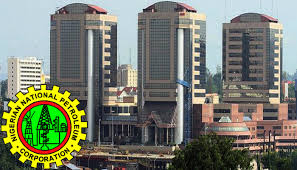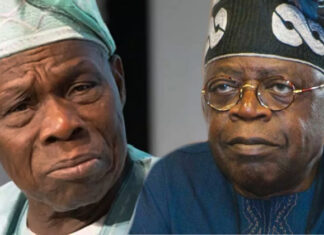Petrol will sell for N86.50 per litre at filling stations belonging to major and independent oil marketers, but it would sell for N86 at all retail stations belonging to Nigerian National Petroleum Corporation (NNPC) from January 1, 2016, the Federal Government has finally announced.
The new price was announced in Abuja Tuesday by the Executive Secretary of Petroleum Products Pricing Regulatory Agency (PPPRA) Farouk Ahmed.
The Minister of State for Petroleum, Dr. Ibe Kachikwu, had said on Christmas Day that the pump price of petrol would sell below N87 a litre following a price modulation scheme being done.
Consequently, Ahmed explained that the price difference between NNPC retail stations and other marketers is due to the difference in their various landing costs, occasioned by their financing.
He said while the arrival cost for other marketers is N86.29, NNPC’s arrival cost is N85.93, adding that “the ideal is to prevent NNPC from profiteering since it imports at a lower cost.”
According to him, the new pump price follows a review of the components of the petroleum products pricing template, taking into cognisance the current market trend which was subsequently approved for implementation by the minister of state for petroleum.
Ahmed explained that the components of the pricing template affected by the review are the traders’ margin, lightering expenses, Nigerian Port Authority (NPA) charges, jetty throughput, storage charges, bridging fund as well as retailers, transporters and dealers’ margin.
He pointed out that the review of the template became necessary in order for it to be sensitive to the price in the market, noting that the template has largely been the same since 2007 except for some minor adjustments, despite changes in the market components.
The breakdown of the revised prices of the components in the new template shows that traders’ margins have been reduced from N1.47 per litre to zero Naira, lightering expenses from N4.07 to N2.00, NPA charges from N0.77 to N0.36, Jetty throughput, N0.80 to N0.40 and storage charges, N3.00 to N1.50.
Others are retailers’ margin reviewed from N4.60 per litre to N5.0 per litre, transport, N2.99 to N3.05, dealers’ margin, N1.75 to N1.95 and bridging fund reduced from N5.85 per litre to N4.00 per litre, bringing the ex-depot price per litre of petrol to N77 down from the current N77.66.
“All marketers are hereby advised to adhere strictly to the PPPRA-approved ex-depot and pump prices as the PPPRA, in conjunction with relevant government agencies, shall enforce compliance,” Ahmed said.
He added that the new prices are not static but subject to quarterly reviews depending on the market trend, just as he revealed that a product advisory committee will be set up by the minister of state for petroleum to advise the PPPRA on price changes.
Noting that 40 million litres daily national consumption was retained in the review, he pointed out that the marketers are aware that the template review had been on and that the review was necessary to update some elements in the pricing which dates back to 2007.
Meanwhile, the NNPC has been granted 78 per cent of the total allocated volume of three million metric tonnes of petrol for the first quarter (Q1) of 2016, while other oil marketers will import the balance of 22 per cent.
Ahmed said: “In allocating the Q1 2016 import quota to the NNPC and other marketers, the agency took into consideration retail outlets ownership, marketers’ performance of previous quarterly allocation as well as the challenges in sourcing foreign exchange. This measure is to guarantee uninterrupted fuel supply nationwide.
“Marketers are required to note that there shall be a mid-quarter review of performance where volumes of non-performing marketers shall be withdrawn and reallocated to performing marketers.”
He reiterated that the consideration for participation in future allocations shall be on the basis of attainment of 100 per cent performance in Q1, 2016, warning that any marketer found selling above the approved price would be excluded from future participation in product importation and revocation of licences, among others.
-Leadership













